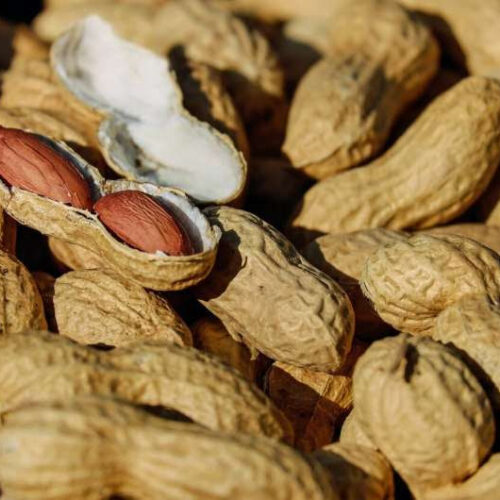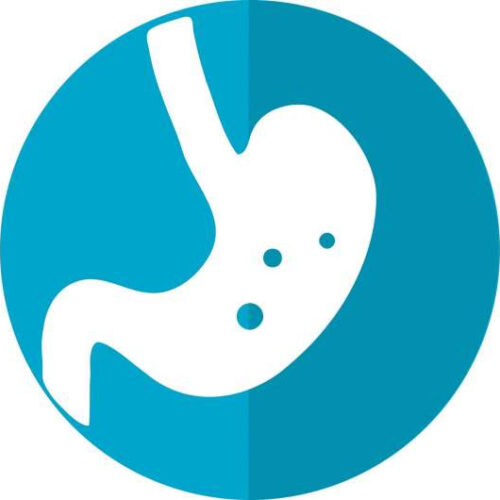by University of Reading Credit: University of Reading A new study has shown that eating millets can reduce the risk of developing type 2 diabetes and helps manage blood glucose levels in people with diabetes, indicating the potential to design appropriate meals with millets for diabetic and pre-diabetic people as well as for non-diabetic people as...
Category: <span>Nutrition & Dietics</span>
Keto diets review finds heart risks, cancer risk, dangers to pregnant women and kidney patients
by Physicians Committee for Responsible Medicine Credit: Pixabay/CC0 Public Domain In the most comprehensive analysis yet of ketogenic (keto) diets, a review in Frontiers in Nutrition finds keto diets place pregnant women and kidney disease patients at risk of adverse health effects. The review, “Ketogenic Diets and Chronic Disease: Weighing the Benefits Against the Risks,” also found that for...
Changing diets mean more Americans are anemic now
by Denise Mann (HealthDay)—Growing numbers of Americans aren’t getting enough iron in their diets most likely due to changes in farming practices and a shift away from red meat, researchers report. The upshot: Rates of iron deficiency anemia are on the rise. “Iron deficiency remains a major public health issue even in a developed country...
Frequent consumption of peanuts by cancer patients may increase risk of cancer spread
by University of Liverpool Credit: CC0 Public Domain A study by University of Liverpool researchers has identified new factors accompanying previous findings that frequent consumption of peanuts by cancer patients could increase the risk of cancer spread. The study, published in Carcinogenesis shows that Peanut agglutinin (PNA) – a carbohydrate-binding protein that rapidly enters into the...
Low-fiber diet may lead to gut infection even if you’re not overweight
by American Physiological Society Credit: Pixabay/CC0 Public Domain Diet, more than body mass, may play a role in the risk for gut infection, and eating more fiber could be the key to prevention. The study is published ahead of print in the American Journal of Physiology-Endocrinology and Metabolism. Obesity is associated with developing chronic conditions such as...
Half of Americans living with diabetes may be consuming less than the recommended amount of protein
GCI HEALTH NY ABBOTT PARK, Ill., Jul. 29, 2021 – A new study conducted by The Ohio State University and Abbott showed that half of the adults surveyed living with diabetes did not consume the daily recommended intake of protein, which is associated with lower diet quality, increased carbohydrate intake, and greater physical limitations. The study highlights...
Study: Adding color to your plate may lower risk of cognitive decline
by American Academy of Neurology Credit: Unsplash/CC0 Public Domain A new study shows that people who eat a diet that includes at least half a serving per day of foods high in flavonoids like strawberries, oranges, peppers, and apples may have a 20% lower risk of cognitive decline. The research is published in the July 28,...
Millet-based diet can lower risk of type 2 diabetes and help manage blood glucose levels
by University of Reading Credit: University of Reading A new study has shown that eating millets can reduce the risk of developing type 2 diabetes and helps manage blood glucose levels in people with diabetes, indicating the potential to design appropriate meals with millets for diabetic and pre-diabetic people as well as for non-diabetic people as...
Increasing your risk of IBD through processed food
Interview conducted by Emily Henderson, B.Sc.Jul 27, 2021 Thought LeadersDr. Neeraj NarulaAssociate Professor of MedicineMcMaster University In this interview, News-Medical speaks to Dr. Neeraj Narula about ultra-processed food and how this can increase your risk of developing inflammatory bowel disease (IBD). Please could you introduce yourself and tell us about what inspired your latest research...
New dietary treatment for epilepsy well tolerated and reduced seizures
by University College London Credit: CC0 Public Domain The first clinical trial of a new dietary treatment for children and adults with severe forms of epilepsy, co-developed by UCL researchers and based on the ketogenic diet, has been successfully completed. For the study, published in Brain Communications, clinicians evaluated the use of K.Vita, (also known as Beta shot),...








